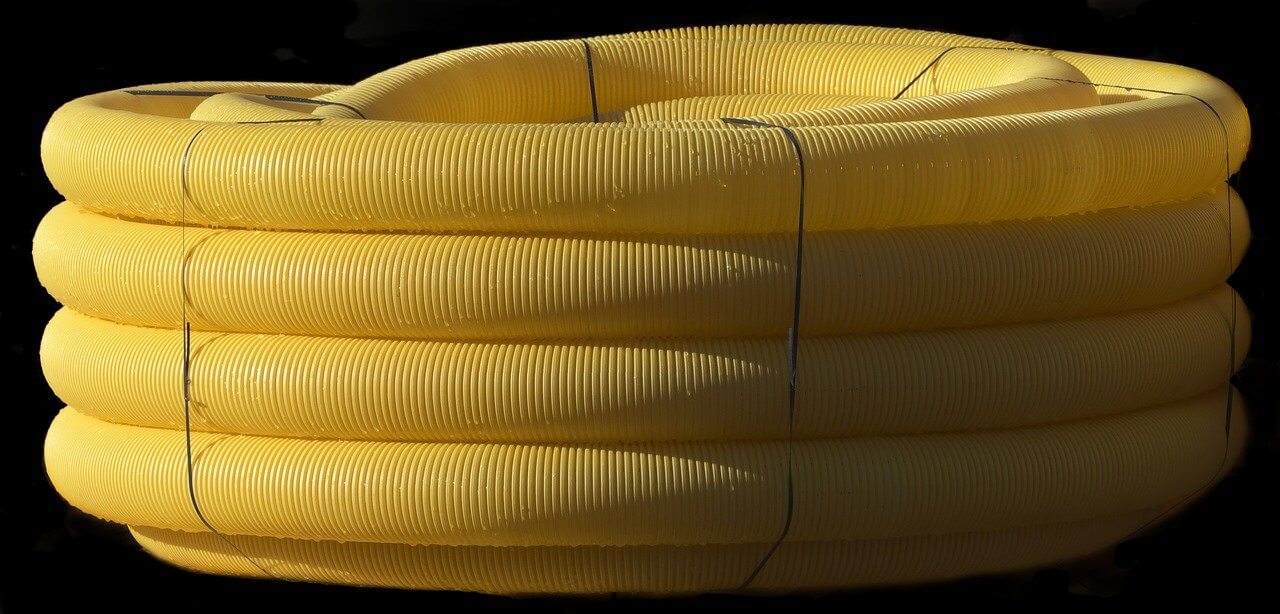The Complete Guide to PVC Sealing and Welding

Radio frequency welding, also known as dielectric welding, is a plastic welding process that utilizes high-frequency electric fields to heat and melt plastics. This process allows manufacturers to join thermoplastic materials together and is especially useful for welding lap joints or seals on plastic sheets or plastic parts. This process is so effective that it’s become the standard method for creating a PVC seal in many industries.
What is PVC Sealing and Welding?
PVC sealing and welding is the application of RF sealing to Polyvinyl chloride or vinyl fabric. PVC is an especially good choice for RF heat sealing because of its flexibility, polarity, and is perfect for creating hermetic seals and waterproofing applications. The PVC seal created through the PVC sealing and welding process is incredibly robust, capable of withstanding various environmental conditions.
What types of products are made with PVC Sealing and Welding?
Fuel bladders, marine bladders, boat bladders, beach balls, inflatable rafts and life jackets, sewn bags, tents, water beds, and most inflatable products are able to be created using PVC heat sealing. The PVC seal in these products ensures they remain airtight and waterproof, even under strenuous use.
What industries use PVC Sealing and Welding?
PVC sealing and welding is a critical process in various industries. The unique properties of PVC, combined with the effectiveness of RF sealing, make it a preferred choice for many applications. Here are some of the key industries that rely heavily on the PVC sealing and welding process:
- Marine Industry: In the marine industry, PVC sealing is used to create durable and waterproof products such as boat bladders, marine bladders, and inflatable rafts. The PVC seal ensures these products can withstand the harsh marine environment and provide reliable performance.
- Medical Industry: The medical industry also utilizes PVC sealing to produce various medical devices and equipment. From blood bags to inflatable splints, the PVC seal guarantees airtight and hygienic containment.
- Automotive Industry: In the automotive industry, PVC sealing produces components such as fuel bladders. The PVC seal ensures these components are durable and resistant to various chemicals and fuels.
In all these industries, the PVC seal plays a crucial role in ensuring the quality, durability, and reliability of the products.
What are the benefits of PVC Heat Sealing and Welding?
PVC sheets and boards can especially benefit from the strong seams that RF welding creates. Products produced from the pvc sealing and welding process can be flexible and elastic but still possess shear strength and durability. The PVC seal also contributes to the longevity of these products, reducing the need for frequent replacements.
PVC itself is a very versatile and cost-effective material. Its main benefits are:
- Electrical Insulation: PVC has good dielectric strength, making it a good insulation material for applications that require electrical insulation.
- Durability: PVC is resistant to weathering, oil, grease, chemical rotting, corrosion, shock, and abrasion. Logically, it is therefore the material of choice for many outdoor products or applications where durability is a top factor of consideration.
- Flame Resistance: PVC products are self-extinguishing due to their high chlorine content. This gives it excellent performance and mechanical properties against fire.
- High Performance for Low Cost: The durability and aforementioned factors allow for finished products that require low amounts of maintenance and replacement in many environmental conditions.
- PVC is abrasion-resistant, lightweight, and tough: These mechanical properties make it the material of choice for finished products that will be subject to weathering or rigorous use. The PVC seal enhances these properties, ensuring the sealed products can withstand even the harshest conditions.
Are there disadvantages to PVC Sealing and Welding?
PVC itself has poor heat stability, which is why additives are added to stabilize the material at higher temperatures and are typically added in before the rf welding process to counteract this disadvantage. It is important to avoid the melting point of PVC as it can emit toxic fumes if not properly conducted. Proper handling and the right equipment can ensure a safe and effective PVC seal.
What Equipment is Used in PVC Sealing and Welding?
RF Sealing Machines or thermatron rf welders are used for different materials, including PVC. A PVC heat sealer can come in different forms and different brands. These machines are specifically designed to create a strong, durable PVC seal, ensuring the highest quality in the finished product.
Learn more about PVC Welding
